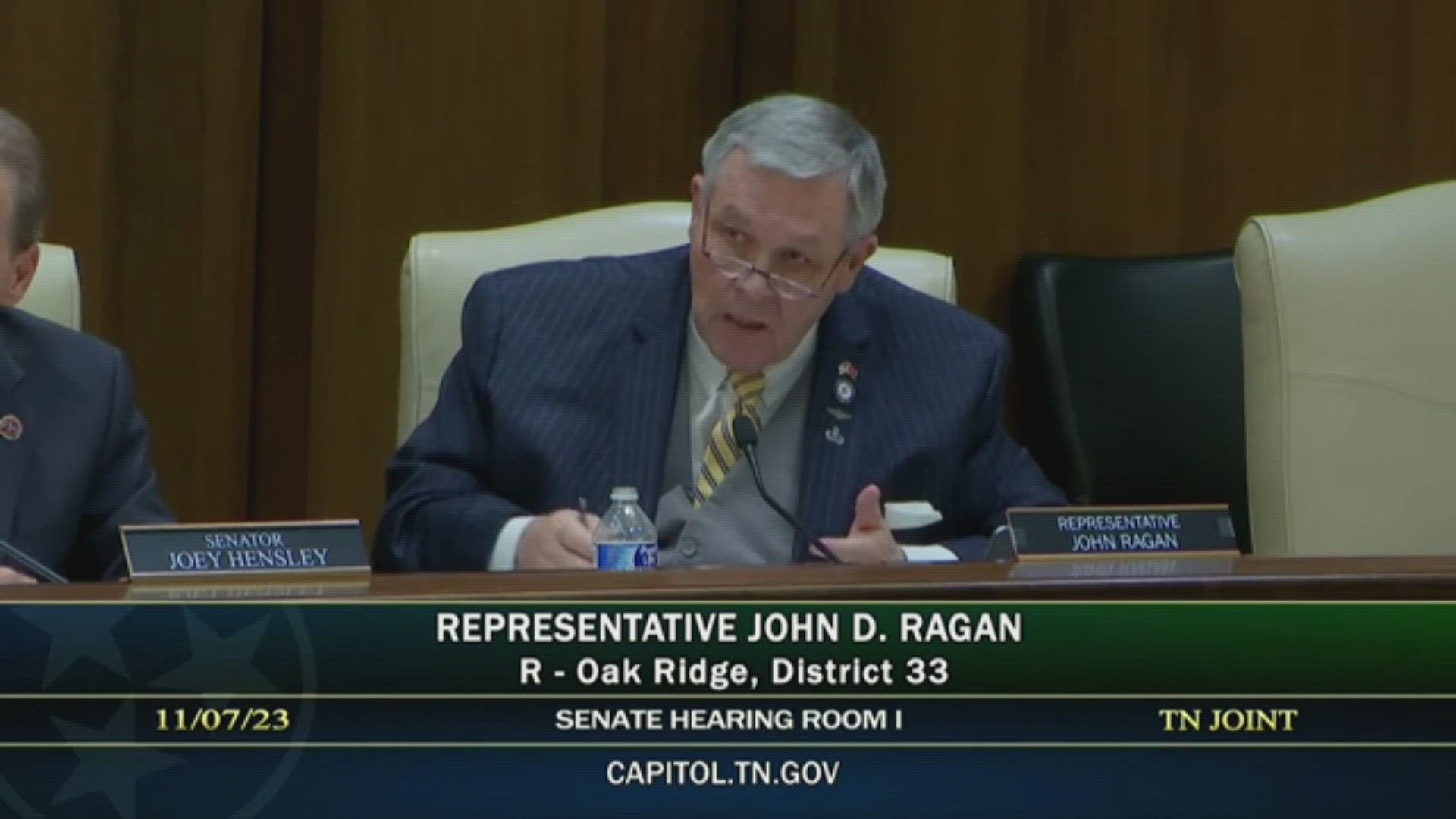NASHVILLE, Tenn. — Rutherford County parent Joey Brown reacted in disbelief when it was announced that a group of state lawmakers would meet to discuss the idea of rejecting around $1.8 billion in federal education money.
The discussions started on Monday when the Joint Working Group on Federal Education Funding met to discuss whether to reject around $1.8 billion in dollars mostly used to support students with disabilities and low-income students. The group was given four specific tasks, listed below.
- Identify the amount of federal funding the state and political subdivisions of the state receive for educational programs and purposes and the laws associated with accepting such funds
- Examine how the state and the political subdivisions of the state use or intend to use the federal education funding and whether there are conditions or requirements to accepting such funds
- Report on the feasibility of the state rejecting the federal education funding
- Recommend a strategy on how to reject certain federal funding or how to eliminate unwanted restrictions placed on the state due to the receipt of such federal funds
The group, made up of two Democrats and eight Republicans, met throughout the week and is expected to meet again on Nov. 14. Brown, a father of four, has three children with Individualized Education Programs that rely on federal money. One of his children has cerebral palsy.
"We live in sort of the world of fighting for our kids, to make sure they get the resources that they need," he said. "In the disability world and in the public education world, we lack money, and to get good education to improve where we are requires money."
The Sycamore Institute presented to the task force that the state likely could replace federal money if it were to reject it. Republican leaders who advocated for the task force, such as House Speaker Cameron Sexton (R - Crossville), said they are worried about government overreach.
Much of the money comes from the federal Title I program, which provides funds to schools using a weighted-count formula similar to targeted grants, considering the number of children from low-income families in each school.
Knox County receives around $191.4 million in federal funds for education in total, and around $252.4 million from the state. Blount County receives around $33.3 million in federal funds in total, combined with Alcoa City Schools and Maryville City Schools, and receives around $37.7 million from the state.
Knox County and Blount County make up the counties with the largest populations in East Tennessee. Cumberland County, which Sexton represents, receives around $30.1 million in federal funds for education and around $38.5 million from the state.
"We need to know as a state, when we go into a contract with the federal government, whether you agree with it or not, we need to know the terms and conditions of that contract. And we also need to know how wide open we are to exposure of that contract, meaning, what can they make us do that we have no control over?" Sexton said.
Specific information about what requirements of the program he disagreed with was not immediately available.
Brown said he doesn't see the upside of rejecting the funds, and said rejecting the money could undo many of the protections in place that disability advocates have fought for.
"If we are able to find $1.8 billion dollars in our [state budget], then why can’t we figure out a way to accept the $1.8 billion from the government, but then also use those extra resources to help the water rise for everyone,” Brown said.

